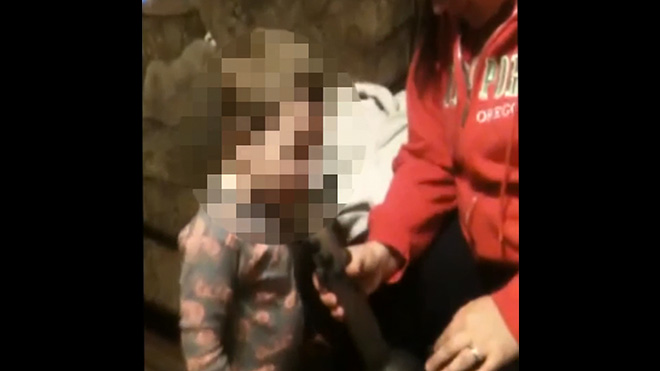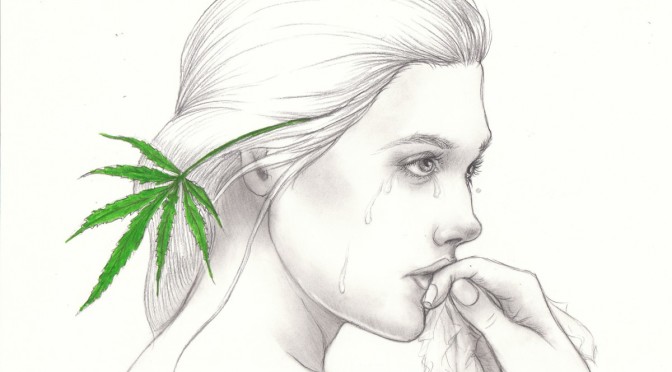Part 1 (We’ve divided this blog into 2 parts) Any psychiatrist who dismisses the effect of drugs on your child’s condition — when there are illicit drugs, marijuana, or legal drugs obtained illegally — should probably be dismissed. Insurance companies aren’t qualified to make this decision. If you don’t want your child set on a track of permanent psychiatric treatment or condition, it’s wise to find a psychiatrist who is Board Certified in Addiction Psychiatry and Addiction Treatment.
Choosing a Psychiatrist or Therapist
There’s a danger in programs that look at everyone the same way and go for expediency, rather than treating your son or daughter as an individual whose life matters. Look for mental health practitioners with compassion and good intuition, with an accent on the latter. A good therapist will open doors, support and affirm the patient while assuring he or she takes responsibility for past mistakes and getting better. Psychologists and social workers can be as knowledgeable and effective as psychiatrists, in some cases.
Many people don’t have a choice, or they don’t have access to addiction treatment, so here’s some articles to share with the psychiatrist or therapist, who will have access to the medical journals:
1)”Pathways from Cannabis to Psychosis: a review of the evidence” reviews the scholarly research on the marijuana and psychosis connection. The research from South Africa is by Jonathan K Burns and is found in the Frontiers of Psychiatry from October 14, 2013.
2)”Cannabis and First Episode Psychosis: Different Long-term Outcomes Depending on Continued or Discontinued Use,” is a study from Spain by Pinto, Gonzalez et. al. found in the Schizophrenia Journal. (It’s good to know that a marijuana-induced psychosis need not tie your child to mental illness forever.)
3) “The risk of schizophrenia and cannabis-induced psychosis and timing of onset were unrelated to familial disposition” is a conclusion from “Familial Disposition for Psychiatric Disorder,” by Mikkel Arendt et. al. See the Archives of General Psychiatry as published by the American Medical Association in 2008. This Danish study of 7,075 individuals followed from 1994-2005 showed that not having a familial link to mental illness is not protection against cannabis-induced psychosis.
4) The British Medical Journal article of 23 November 2002 — the best long-term study of marijuana and schizophrenia — proves that the mental illness susceptibility is not only a problem with the high-THC marijuana and “dabs” used today. “Cannabis use is associated with an increased risk of developing schizophrenia consistent with causal relationship. This association is not explained by use of other psychoactive drugs or personality traits.” This study***** involved the low-THC cannabis of the 70s, 80s and 90s.
Jim Van Os, researcher in the Netherlands has reported that 80% of his country’s schizophrenic problems have been linked to marijuana. A mental health tragedy occurred when Great Britain decriminalized marijuana, and was forced to re-criminalize it again.

Our Pervasive Drug Culture
The medical fields, including psychiatry, have been schooled to believe strongly in pharmaceutical drugs, and this belief serves the needs of people who want easy, miraculous solutions. (Most medical marijuana advocates promote miracle treatments, also.) For someone with high blood pressure or someone with Type I Diabetes, who cannot live without insulin, medications are lifesavers. These drugs haven’t created our problem. It’s when anti-depressants, anti-anxiety, ADHD medications, and other pharmaceutical drugs****** are used too much.
At California Polytechnic Institute in San Luis Obispo, Director of Student Rights and Responsibilities Adrienne Miller explained the changes in today’s culture. “It’s the whole idea of wanting to feel better and assert your rights, so taking these drugs is something that is a manifestation,” Miller said. “We are really a drug culture, and that I think affects our students. Drugs are just prevalent in our society, and there has been an increase to turn to drugs and prescription drugs to solve your problems.”
We need to ask, “Are so many medications necessary?” Why isn’t another drug of widespread abuse, Adderall, banned? We know that some people claim miraculous help from Adderall, but the resale of that prescription is so high that the FDA should consider taking it off the market. Policy makers need to recognize that America’s love of pharmaceuticals is contributing to this drug culture. We’re sending an exaggerated message to our children about the validity of prescription drugs, which ends up making all drugs more appealing. Children who have learned to take medication for ADHD are possibly being primed for drug usage as they grow up.*
* See Robert Whitaker, Anatomy of an Epidemic, 2010. On p. 180, he references studies to show that 33% to 66% of new bipolar cases resulted from marijuana and other drug usage. See pp. 222-252 for the risks of medicating ADHD.
*****The study involved more than 50,000 Swedish men ages 18-20 and followed them 26 years. It factored in variables such as socio-economic status, low IQ, other drug usage, cigarette smoking and existing personality traits.
******Some people have been genuinely helped by anti-depressants, and bipolar patients, who are not drug/alcohol abusers, have been helped by Lithium. The push to prescribe the latter reflects psychiatry’s desire for categorization and quick fixes.

